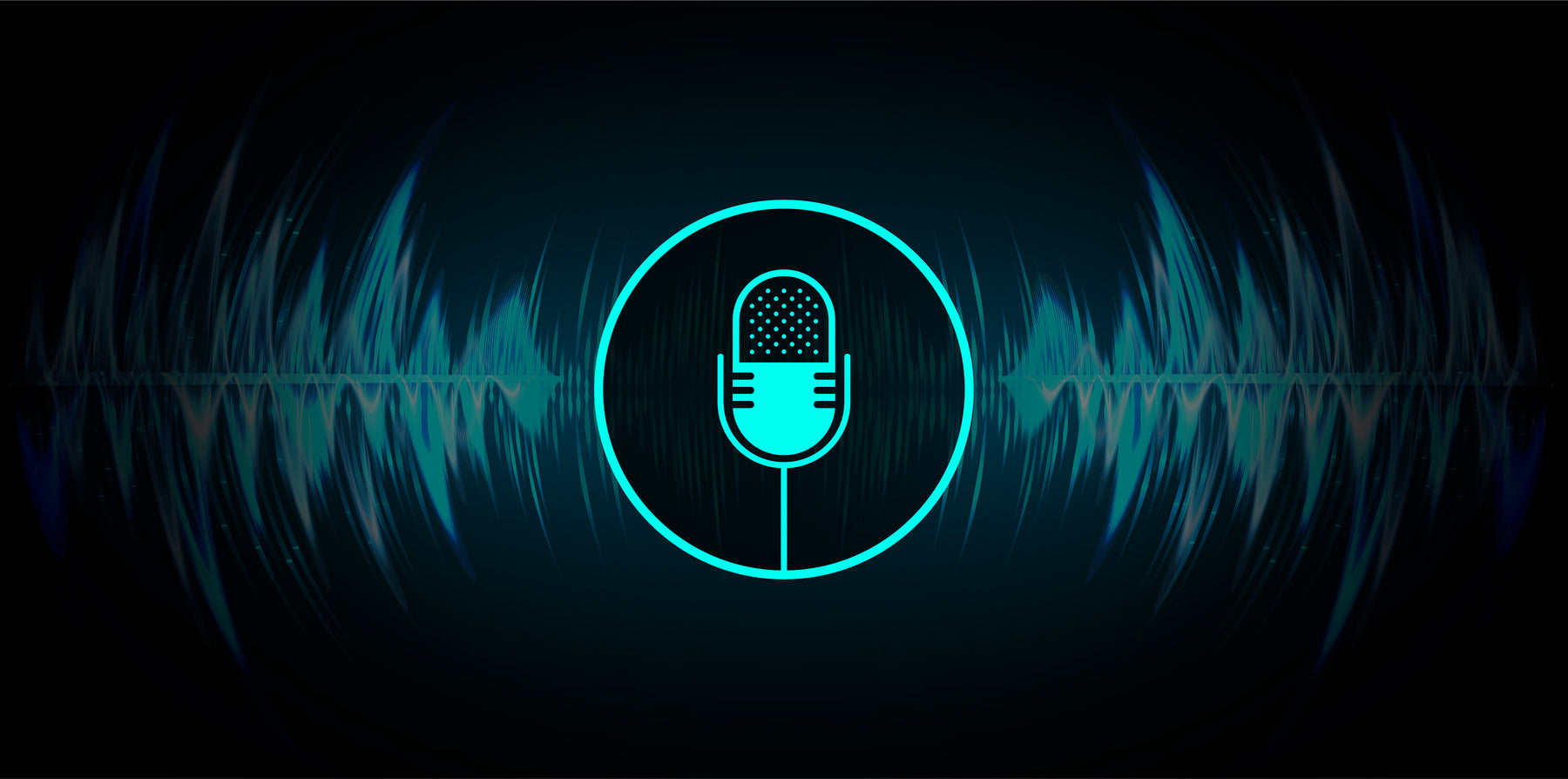
Is it legal to record audio on CCTV in the UK?
With many homeowners across the UK seeing the wide benefits of installing CCTV, you may have questions about their legality. Many home security CCTV cameras now come with audio, as well as visual recording - but is it legal to record audio on CCTV in the UK?
Audio recording on CCTV in the UK is considered to be far more strictly regulated, compared to simple video recording. Keep reading as we discuss the regulations and legal implications of CCTV audio recording in the UK, and how you can legally use audio recording for effective home security.
Can CCTV cameras record audio?
Yes - depending on which CCTV system you choose to install in your home, some CCTV cameras can record audio with built-in microphones.
Audio recording in CCTV cameras is more commonly found in doorbell cameras, which can record whoever comes close to, or knocks on, your front door. Here, you can listen to whoever is there, but also speak back to them - especially helpful if you’re not in. However, other systems, such as our 2 camera wireless CCTV kit and dual-lens outdoor smart Wi-Fi camera, also have audio recording capacities, which can be used to monitor your perimeter property for wide-range security.
Is it legal to record audio on CCTV in the UK?

In short - yes, it is legal to record audio on CCTV in the UK. However, when it comes to the law surrounding audio recording, it is different depending on what and where you are recording.
Indoor audio recording
If you have CCTV cameras or covert cameras inside your home capable of audio recording, this audio recording is classed as ‘conversational recording’. Conversational recording without consent is legal for personal use, but cannot be used elsewhere. If you need to use your indoor audio recording for other uses, then this requires two-party consent in order for it to be legal. This means that you must tell the people inside your home that you have audio recording and they must consent to being recorded.
Outdoor audio recording
For outdoor CCTV audio recording, the law is slightly different. Outdoor audio recording, for security purposes, is perfectly legal as long as you have the proper signage visible - making anyone in the vicinity of your home aware that they are being recorded. This could include wall-mounted signs and window stickers at eye-level.
Overview of CCTV regulations in the UK

In the UK, there are 2 main regulations to follow when it comes to CCTV; the Data Protection Act 2018 and GDPR compliance, and the Information Commissioner’s Office (ICO) Guidance. By following these regulations, you can ensure that if you do have CCTV with audio recording capabilities, the audio is recorded, stored and used legally.
1. Data Protection Act 2018 and GDPR Compliance
The Data Protection Act 2018 controls how your personal data is used by organisations, businesses and the government. With domestic CCTV, capturing video or audio recordings on and outside the boundaries of a person’s property is not a breach of data protection law as long as you:
- Tell people that they are using recording equipment
- Provide some of the recording, if asked, by a person whose images or audio have been captured
- Regularly or automatically delete footage
- Delete recordings of people, if they ask you to
- Stop recording a person if they object to being recorded, if it is possible for you to do so
By following these steps, you can ensure that your visual and audio recordings are GDPR compliant.
ISO guidance on audio recording
The Information Commissioner’s Office (ISO) is the independent supervisory authority for data protection in the UK. Whilst CCTV, when GDPR compliant, is legal, the ISO has further guidance on audio recording.
They outline that you cannot plainly record conversations between members of the public, unless within your property boundaries, or use CCTV audio recording as an act of surveillance on private individuals. This is where you need to consider whether your audio recording is classed as ‘conversational recording’ and for what purpose you are recording - especially if used inside your property.
Requirements for legal audio recording
We’ve previously discussed some requirements for legal audio recording above. However, here is everything you need to do to legally record audio on your domestic CCTV.
Gain consent
To adhere to data protection law, you must gain two-party consent from those you are recording, if it is considered ‘conversational recording’ and you are not just recording for personal use. For legal indoor audio recording to be used elsewhere, you must explicitly make others aware they are being recorded, ask for permission and stop recording if it is denied. If you continue recording without consent, it is illegal.
You do not need to gain two-party consent, in the same way, for outdoor audio recording on or outside of the perimeters of your property. However, if someone asks you to stop recording, you should make every effort to do so, if possible.
As you have gained consent from the other party to record, you should then provide part of the recording if requested.
1. Be transparent with signage
If your CCTV camera is outside, you need to inform those in the vicinity that it is recording. You do not have to do this verbally or explicitly, but you should include signs at eye-level that can be seen in dim-light conditions - including an icon of a microphone with text to let others know that they are being audio recorded. Without this transparency, your audio recording will be illegal.
2. Consider necessity and proportionality
What is your reasoning for audio recording? Consider that if a complaint was made against you, can you justify your reason as to why you have audio capabilities on your CCTV camera. If your CCTV is for home security and protection, this is enough of a reason for it to be justified. However, any other use could be considered to be an invasion of privacy, which in some cases is classed as a criminal offence.
3. Know how to handle and store your data
According to UK data protection laws, you should only keep recordings as long as it is necessary to. This means that you should regularly and securely delete all footage, once it is no longer needed. Many CCTV systems have a retention policy, which stores your recordings for a set amount of time, before securely erasing them.
However, in order to protect the data your CCTV records, to be GDPR compliant, you should make sure that your audio recordings storage is encrypted (either on a physical hard drive or on cloud-based storage), and that you have access control over who can access your audio recordings.
Potential consequences of non-compliance
If you do not follow data protection laws with your domestic CCTV recording, including visual and audio recordings, then could face assessment notices, warnings, reprimands, enforcement notices or penalty notices from the Information Commissioner’s Office (ISO).
Furthermore, another consequence of non-compliance is reputational damage. Should a person want to make a complaint about you, they may do so publicly which can put a large impact on your community reputation and trustworthiness. It could also impact your career, such as if you handle sensitive information at work.
Looking to protect your home? We’ve got a huge range of pinhole cameras, disguised cameras and CCTV systems to help you keep an eye on your property. Shop today to protect your home and family, or get in touch for advice.
